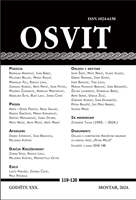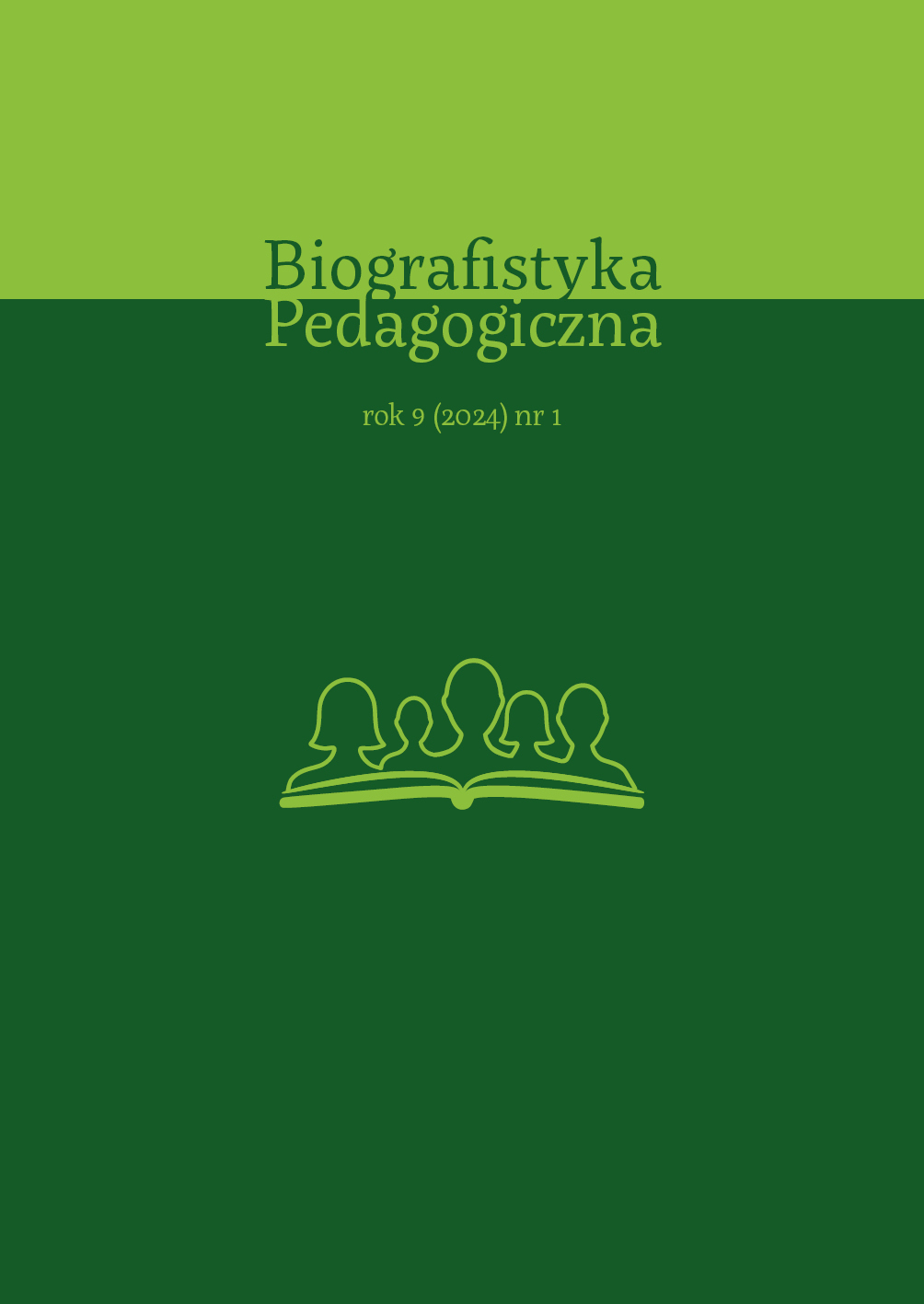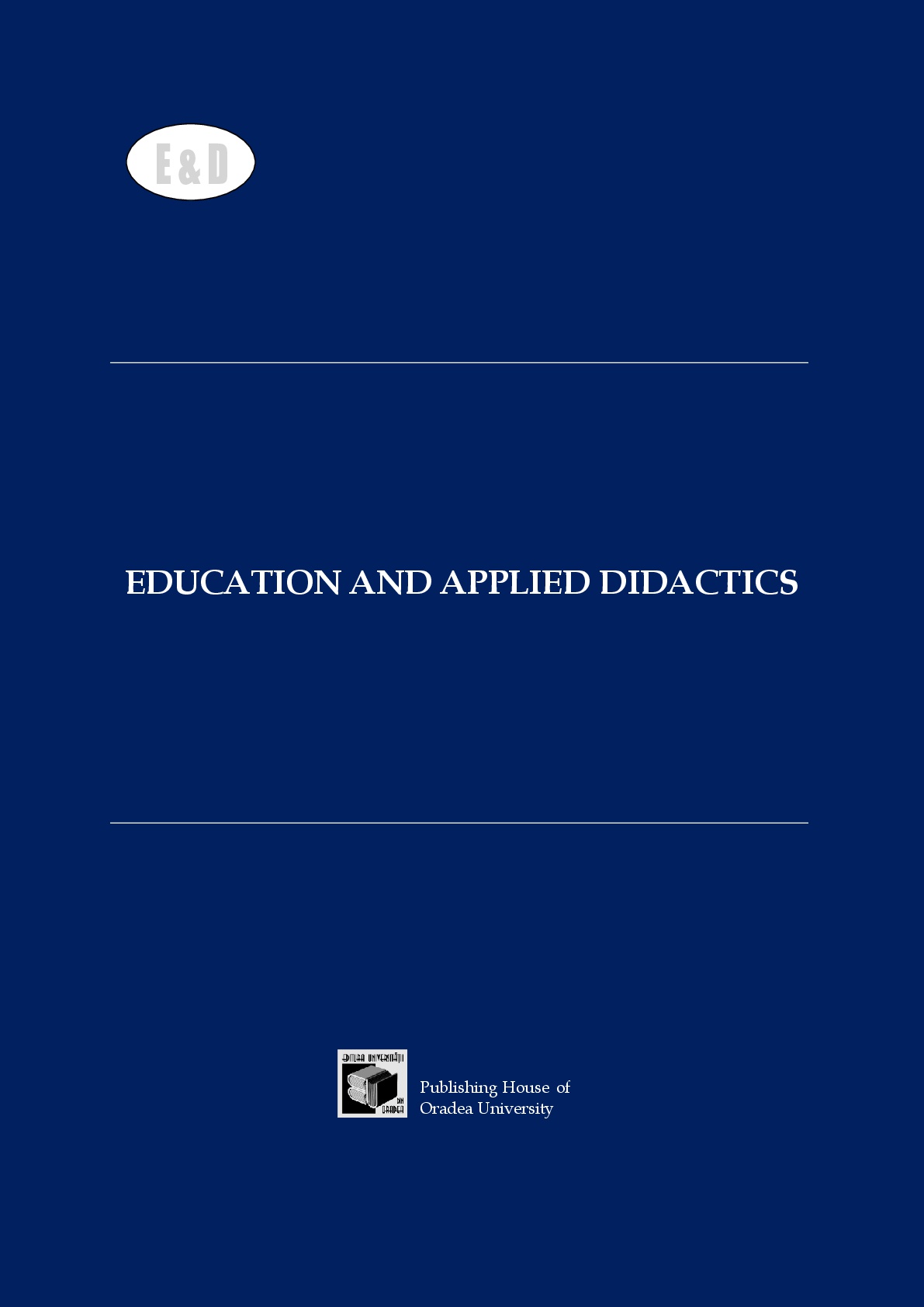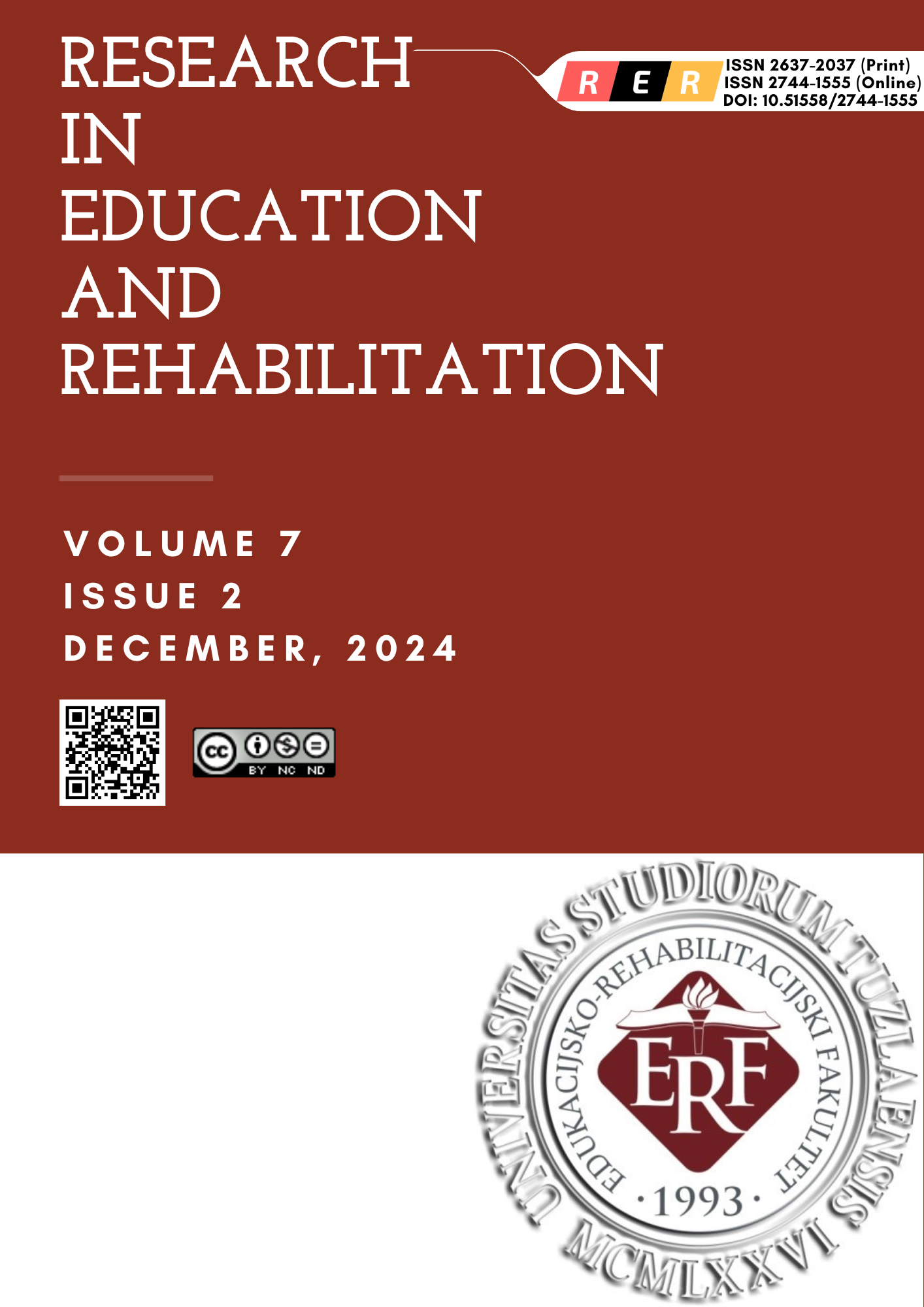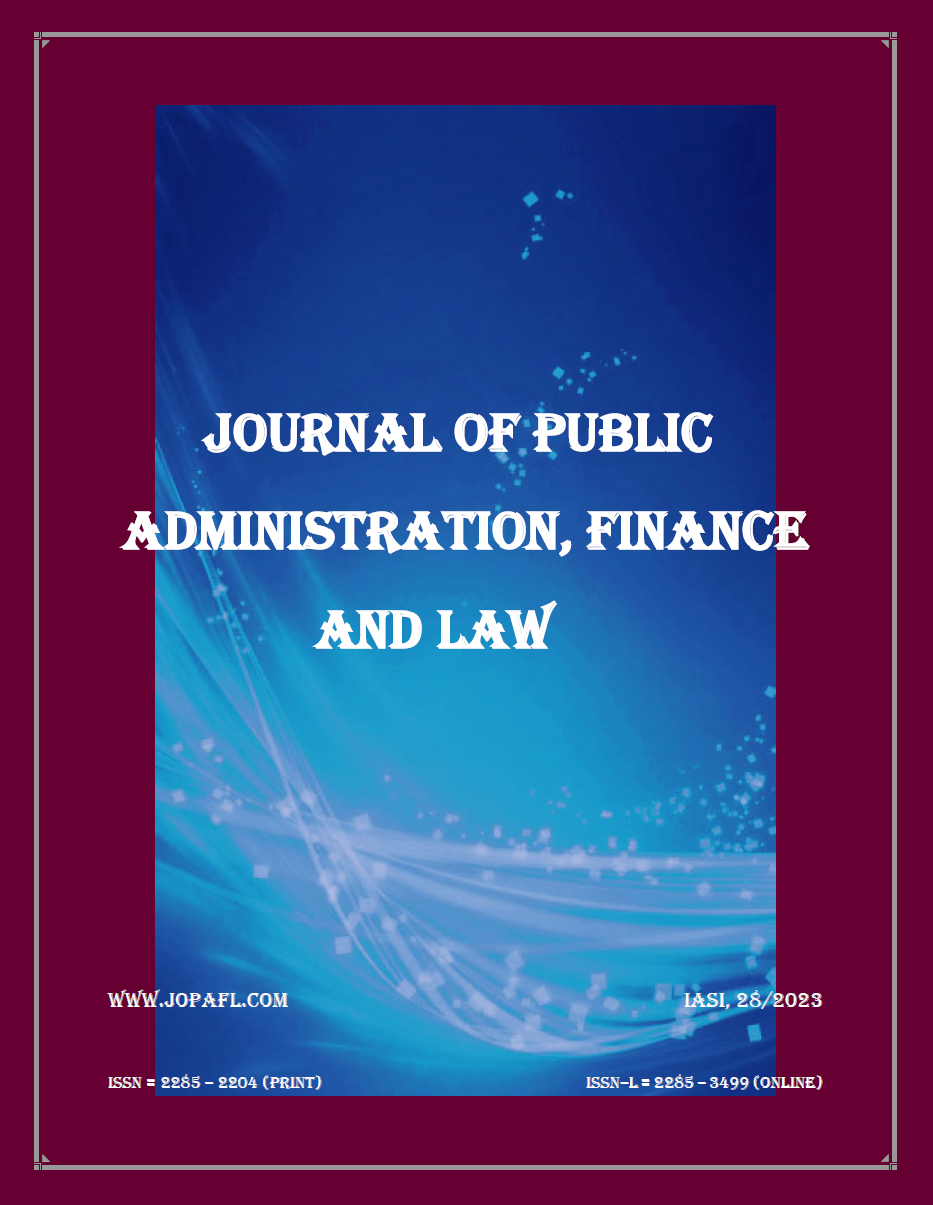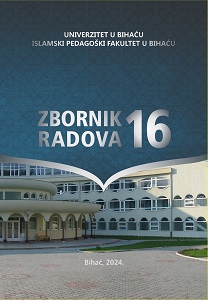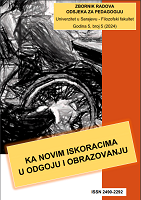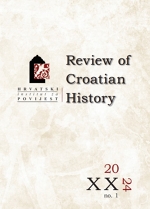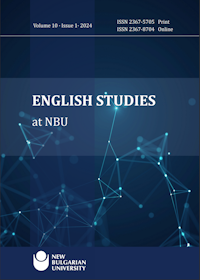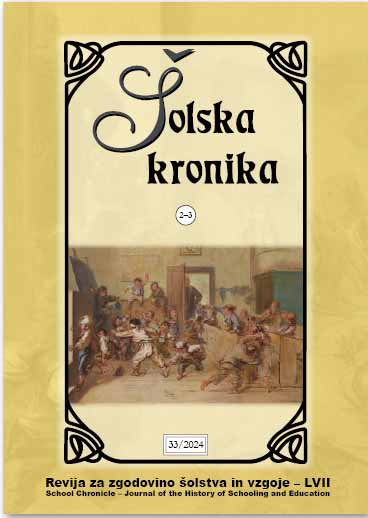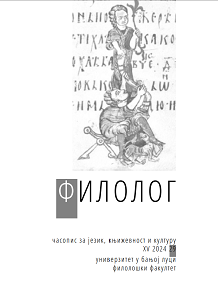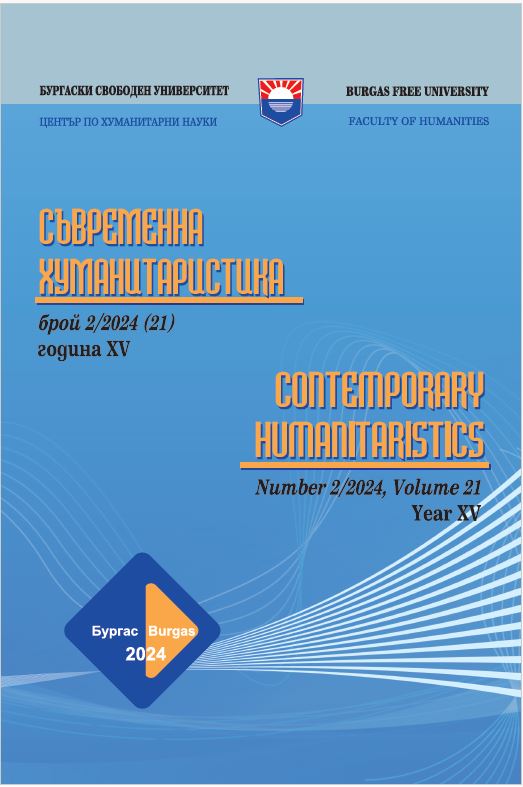Author(s): Snježana DUBOVICKI,Emerik Munjiza / Language(s): English
Issue: 1/2024
The paper examines disciplining students in the conditions of the so-called old school practice. It is based on the analysis of primary and secondary sources, as well as available pedagogical documentation and literature of the subjected era: school laws and regulations, teaching and disciplinary levels, regulations, orders and instructions. The old school was temporally determined by relevant factors and characteristics. The connection between the social environment has been established: state-political organisation, economic status and orientation, social value systems, school system and circumstances with student discipline strategies. In school practice of the old schools repressive and incentive disciplinary strategies are identified and analysed. The following forms have been identified in the area of repressive educational strategy: emotional inconveniences, deprivation of mental pleasures, social isolation and various forms of corporal punishment. According to the school regulations of the time, the following corporal punishment was granted: standing behind or next to the desk, kneeling, flogging with a prescribed stick on the palms. However, the following unlawful corporal punishments were also recorded in school practice: standing on one leg, kneeling on bare knees on grains of food or sand, hitting with a club, ruler, book; slapping, hear or ear pulling, kicking with a leg, throwing to the ground. Incentive educational strategy was based on evoking emotional comfort and was realised through praise, recognition and awards. Praises were oral and written, and recognitions were awarded in the form of diplomas or different types of medals. The awards were also material: money, clothes and footwear, items of use value, books and school supplies. Also, the results of the research show that in imposing repressive and incentive measures, the following general educational principles were recommended: gradualness, appropriateness, consistency, impartiality, justification and openness (if a repressive measure yields results, it should be annulated). The identified and described strategies of school disciplining should be viewed within the described social, political, economic framework, as well as the then school opportunities and school system. However, it is significant that the recommended educational principles in imposing disciplinary measures also have elements of modernity.
More...


